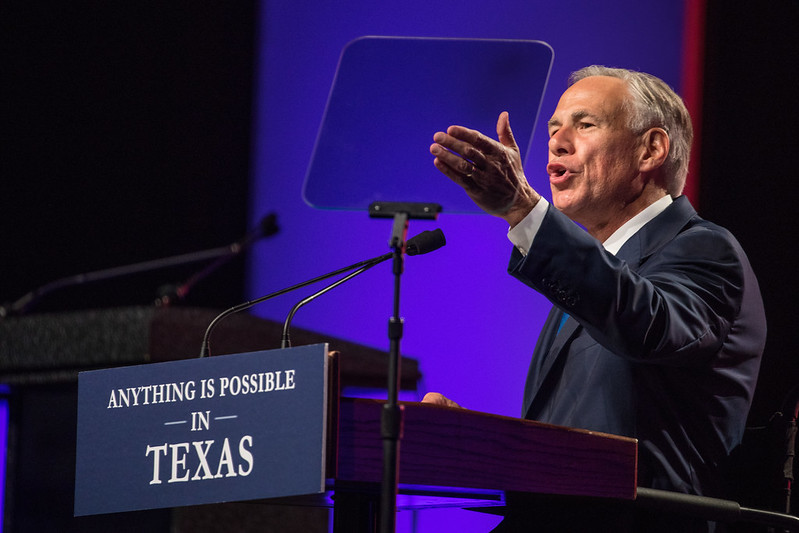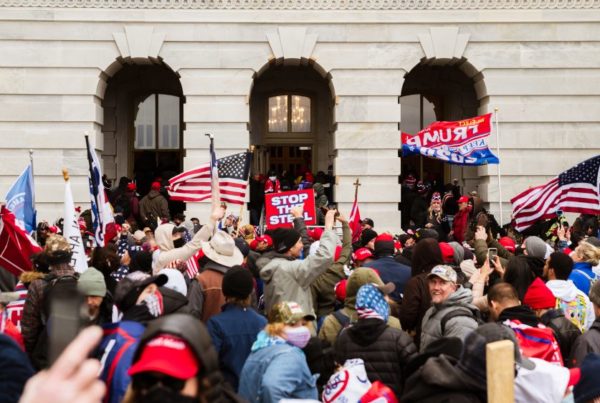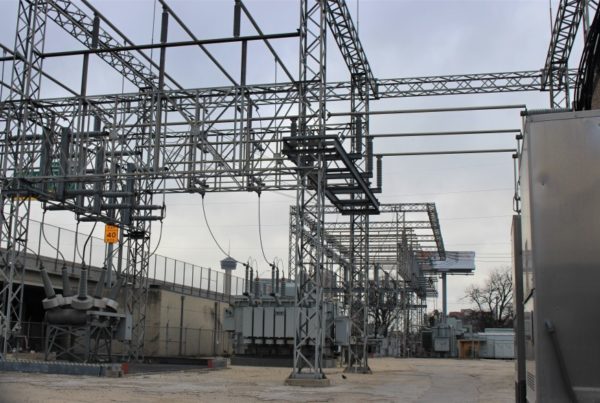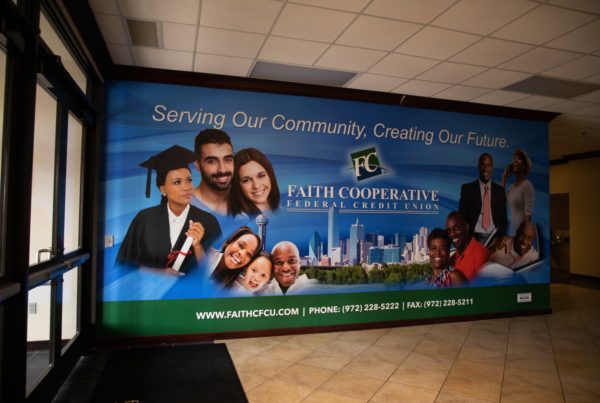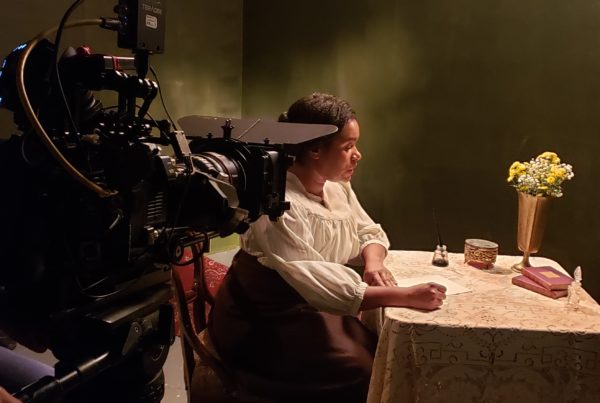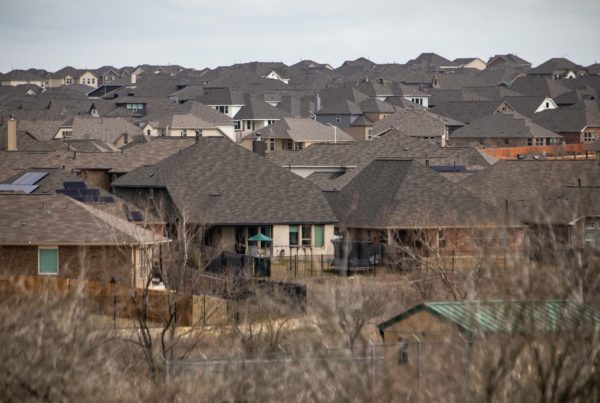Texas Gov. Greg Abbott says he will no longer participate in any event held by Major League Baseball. This comes after MLB announced it is pulling its All-Star Game from Atlanta, after that state’s governor signed a restrictive voting measure into law. Abbott even declined his invitation to throw out the first pitch at Monday night’s Texas Rangers home opener.
This might be just the beginning of Texas’ spat with major sports leagues, as the state Legislature is also considering controversial voting measures. Some major Texas corporations have already come out against those bills.
Gromer Jeffers writes about state politics for The Dallas Morning News. He told Texas Standard that the Texas voting bills focus more on mail-in ballots, absentee voting and protecting poll watchers. Critics say the Texas and Georgia measures, though different in focus, each have the potential to suppress voter turnout, particularly among Black and Latino voters and those with disabilities.
“It’s not unlike all of these laws… that are popping up in Republican-controlled legislatures as a response to what happened in 2020, when former President Trump said without much evidence that he was robbed of the election,” Jeffers said. “The Republican base voters seem to believe that, and you see these laws popping up as a response to it.”
Jeffers says Abbott is probably making a “preemptive strike” against MLB, which has not said whether it will oppose the Texas voting proposals.
After the state of Georgia passed its voting changes, voting rights advocates demanded that corporations based in the state take a stand against what the advocates say are voter suppression efforts. Several businesses did express opposition to the laws, Texas-based Dell and American Airlines, along with Microsoft, have issued statements opposing the bills currently being considered in the Legislature.
“Georgia has been ground zero in the push on these so-called voter integrity laws,” Jeffers said “and sort of the symbol for the need to preserve voting rights.”
Though Texas hasn’t yet faced specific economic consequences related to bills that are still under consideration, Jeffers thinks businesses, including pro sports teams and the NCAA, could respond more forcefully if the bills become law.


